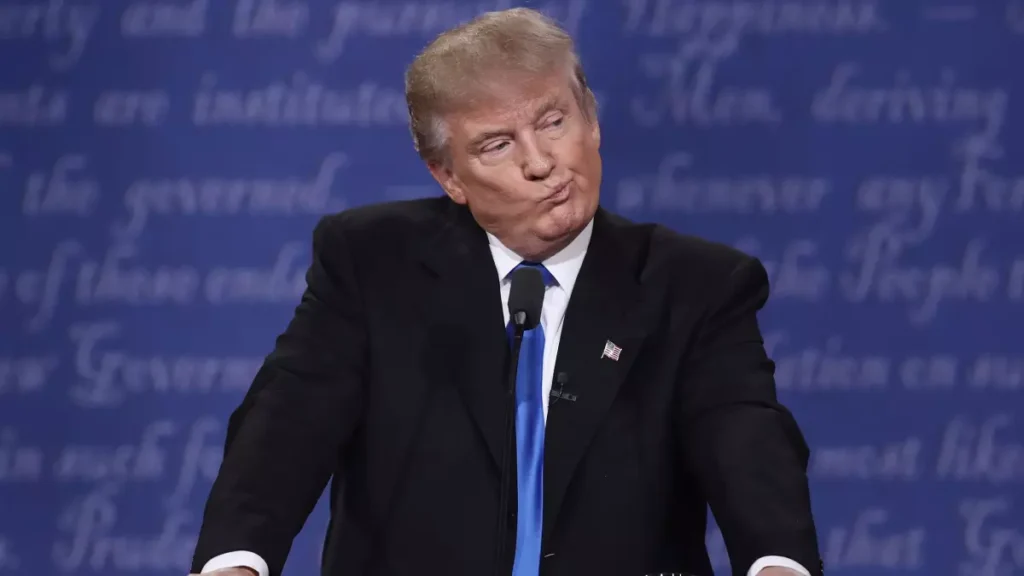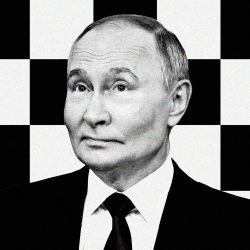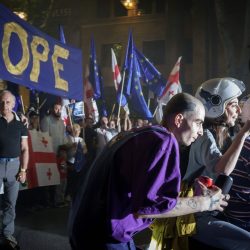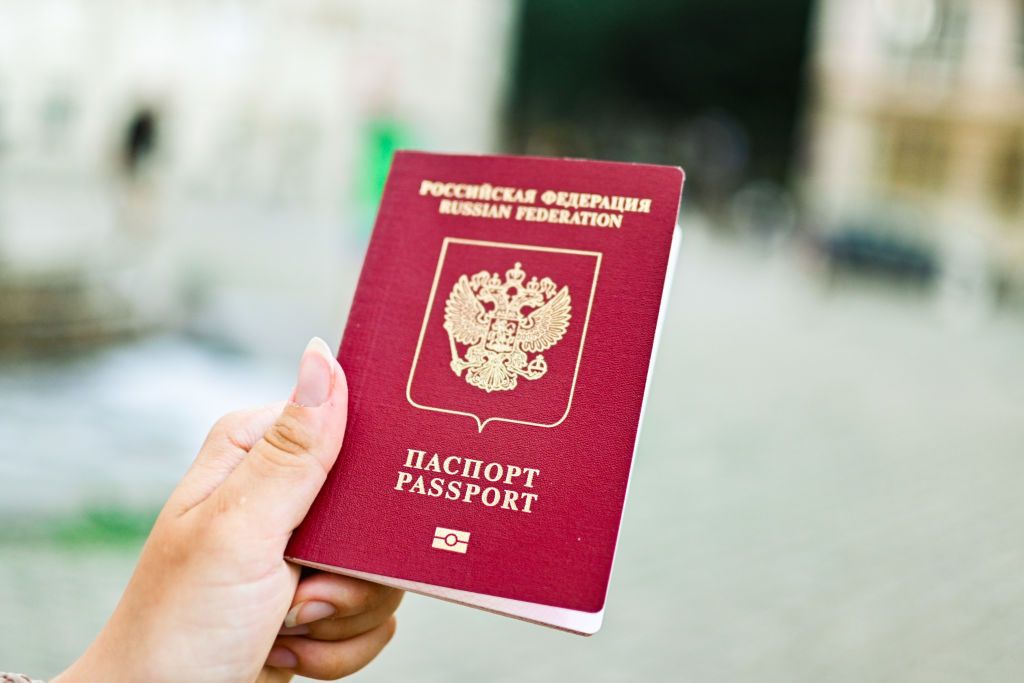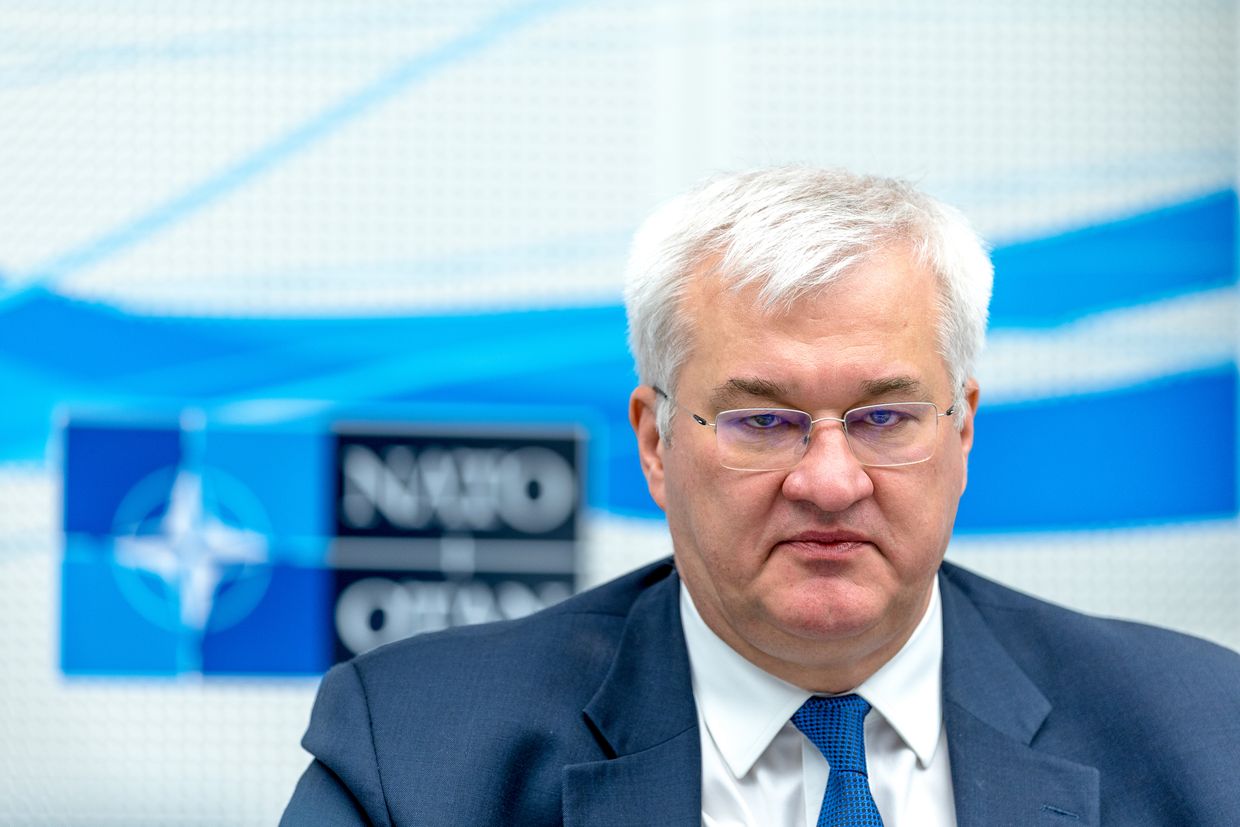Putin’s Panopticon
In recent weeks, several small-scale protests have taken place across Russia, a rare sight since the full-scale invasion of Ukraine three years ago. Oddly, the demonstrators waved Soviet flags while holding banners demanding unrestricted access to digital platforms. It also remains unclear how the left-wing organizers secured permits to protest against the Kremlin’s latest move to further lock down and control the country’s online space.
Russia is in the process of constructing the most comprehensive digital surveillance state outside of China, deploying a three-layered approach that enforces the use of state-approved communication platforms, implements AI-powered censorship tools, and creates targeted tracking systems for vulnerable populations. The system is no longer about just restricting information, it's about creating a digital ecosystem where every click, conversation, and movement can be monitored, analyzed, and controlled by the state.
From September 1, 2025, Russia crossed a critical threshold in digital authoritarianism by mandating that its state-backed messenger app Max be pre-installed on all smartphones, tablets, computers, and smart TVs sold in the country.
Max functions as Russia's answer to China's WeChat, offering government services, electronic signatures, and payment options on a single platform. But unlike Western messaging apps with end-to-end encryption, Max lacks such protections and has been accused of gaining unauthorized camera access, with users reporting that the app turns on their device cameras "every 5-10 minutes" without permission. The integration with Gosuslugi, Russia's public services portal, means Max is effectively the only gateway for basic civil services: paying utility bills, signing documents, and accessing government services.
As Max was rolled out, WhatsApp and Telegram users found themselves unable to make voice calls, with connections failing or dropping within seconds. Officials justified blocking these features by citing their use by "scammers and terrorists," while a State Duma deputy warned that WhatsApp should "prepare to leave the Russian market".
The Amina Experiment
The most chilling aspect of Russia's digital control system may be its targeted surveillance of migrants through another app called the Amina app. Starting September 1, foreign workers from nine countries, including Ukraine, Georgia, India, Pakistan and Egypt, must install an app that transmits their location to the Ministry of Internal Affairs.
This creates a two-tiered digital citizenship system. While Russian citizens navigate Max's surveillance, migrants face constant geolocation tracking. If the Amina app doesn't receive location data for more than three days, individuals are removed from official registries and added to a "controlled persons registry". This designation bars them from banking, marriage, property ownership, and enrolling children in schools, effectively creating digital exile within Russia's borders.
Russia's censorship apparatus has evolved beyond human moderators to embrace artificial intelligence for content control. Roskomnadzor, the executive body which supervises communications, has developed automated systems that scan "large volumes of text files" to detect references to illegal drugs in books and publications. Publishers can now submit manuscripts to AI censors before publication, receiving either flagged content or an all-clear message.
This represents a fundamental shift in how authoritarian states approach information control. As one publishing industry source told Meduza: "We've always assumed that the censors and the people who report books don't actually read them. But neural networks do. So now it's a war against the A.I.s: how to craft a book so the algorithm can't flag it, but readers still get the message".
The scope of Russia's digital surveillance ambitions became clear when the FSB, the country’s intelligence service, demanded round-the-clock access to Yandex's Alisa smart home system. While Yandex was only fined 10,000 rubles (about $120) for refusing – a symbolic amount that suggests the real pressure comes through other channels – the precedent is significant. The demand for access to Alisa represented what digital rights lawyer Evgeny Smirnov called an unprecedented expansion of the Yarovaya Law, which previously targeted mainly messaging services. Now, virtually any IT infrastructure that processes user data could fall under FSB surveillance demands.
The Broader Pattern
Russia's digital control system follows the Chinese model but adapts it for different circumstances. While China built its internet infrastructure "with total state control in mind," Russia is retrofitting an existing system that was initially developed by private actors. This creates both opportunities and vulnerabilities.
The government's $660 million investment in upgrading its TSPU censorship system over the next five years signals long-term commitment to digital control. The goal is to achieve "96% efficiency" in restricting access to VPN circumvention tools. Meanwhile, new laws make VPN usage an aggravating factor in criminal cases and criminalizes "knowingly searching for extremist materials" online.
The infrastructure Russia is building today, from mandatory state messengers to AI censors to migrant tracking apps represents the cutting edge of digital authoritarianism. At least 18 countries have already imported Chinese surveillance technology, but Russia's approach offers a lower-cost alternative that's more easily transferable.. The combination of mandatory state apps, AI-powered censorship, and precision targeting of vulnerable populations creates a blueprint that other authoritarian regimes are likely to study and adapt.
To understand the impetus behind Russia’s digital Panopticon, look at Nepal: Russian analysts could barely contain their glee as they watched Nepal's deadly social media protests unfold. "Classic Western handiwork!" they declared, dismissing the uprising as just another "internet revolution" orchestrated by foreign powers. But their commentary revealed Moscow's deeper anxiety: what happens when you lose control of the narrative?
Russia isn't building its surveillance state to prevent what happened in Nepal, they're building it because they already lived through their own version. The 2021 Navalny protests proved that Russia's digitally native generation could organize faster than the state could respond. The difference is that Moscow's solution wasn't to back down like Nepal's now fallen government did. It was to eliminate the human networks first, then build the digital cage.
A version of this story was published in last week’s Coda Currents newsletter. Sign up here.
Related Articles
The post Putin’s Panopticon appeared first on Coda Story.




